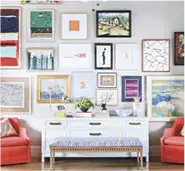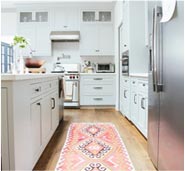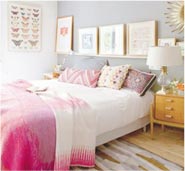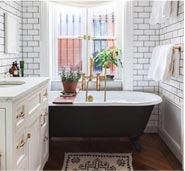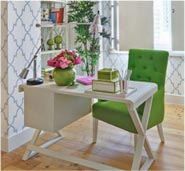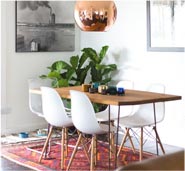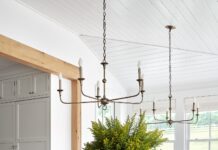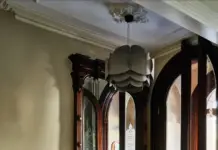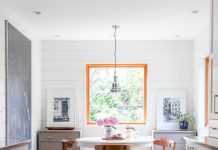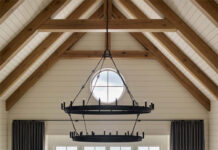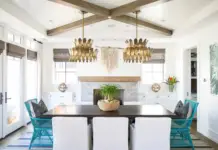Transitional interior design is a style that blends traditional and contemporary elements to create a cohesive and harmonious look. This design approach balances the warmth and comfort of classic styles with the clean lines and understated elegance of modern aesthetics. Key features of transitional interior design include:
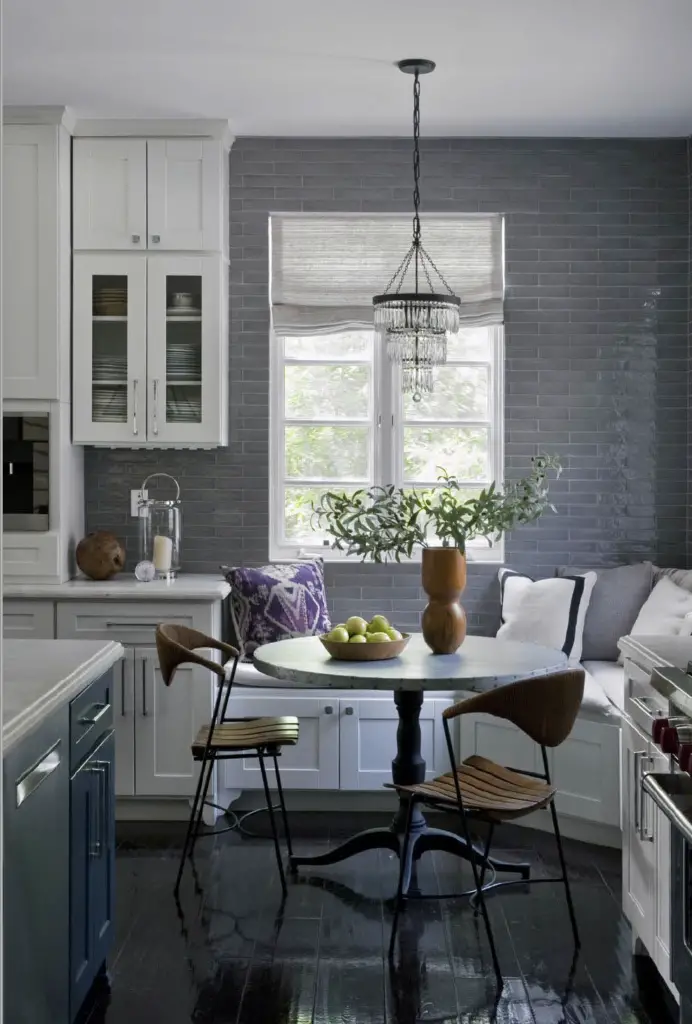
Neutral Color Palette: Transitional design often uses neutral colors such as beige, gray, taupe, and white. These shades create a serene and sophisticated backdrop that allows the blend of traditional and modern elements to shine.
Mix of Materials and Textures: The style combines various materials and textures like wood, glass, metal, and fabric. For example, you might see a classic wooden dining table paired with sleek, contemporary chairs.
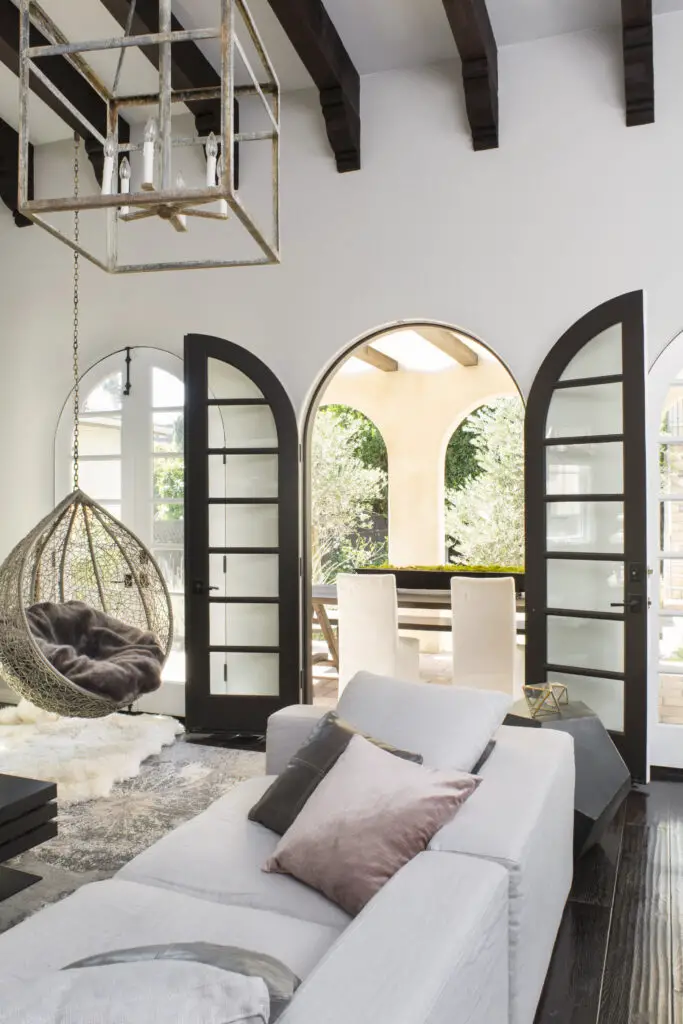
Clean Lines and Curves: Transitional interiors feature a mix of straight lines and gentle curves. Furniture may have soft, rounded edges alongside pieces with more angular, streamlined designs.
Minimal Ornamentation: While traditional design often includes elaborate details, transitional design prefers minimal ornamentation. Any decorative elements are typically subtle and refined.
Functional and Comfortable Furniture: Comfort is key in transitional design. Furniture pieces are functional and inviting, often featuring plush upholstery and ergonomic designs that encourage relaxation.
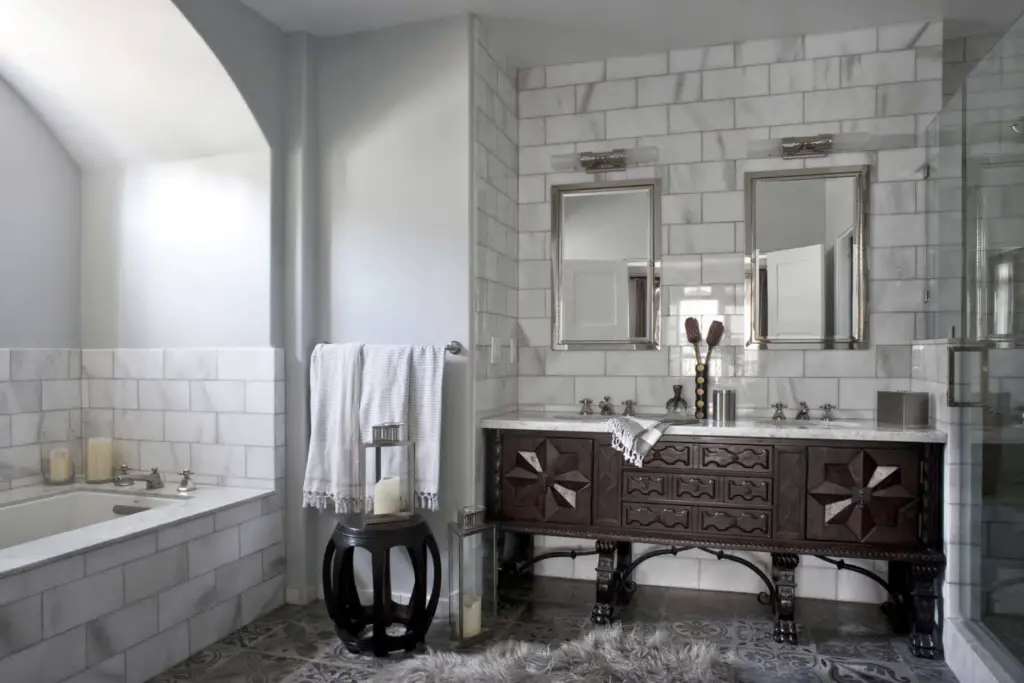
Balanced and Harmonious Spaces: The goal is to create balanced spaces that are neither too stark nor overly ornate. This balance is achieved through careful selection and placement of furniture, décor, and accessories.
Timeless Appeal: Transitional design has a timeless quality due to its blend of styles. It avoids trends that can quickly become outdated, focusing instead on enduring elegance.
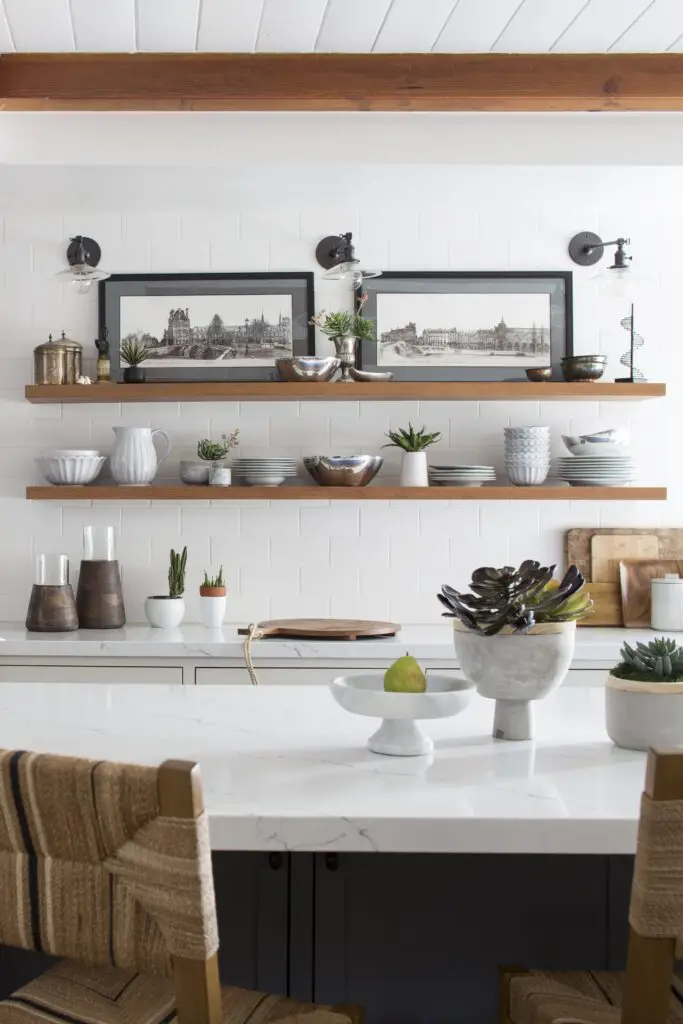
Personal Touches: While maintaining a cohesive look, transitional interiors often include personal touches such as family heirlooms, art pieces, or unique accessories that reflect the homeowner’s personality.
In essence, transitional interior design is about creating a space that feels both classic and contemporary, providing a versatile and comfortable environment that can adapt to changing tastes and lifestyles.
Check out another post about transitional interior design. TRANSITIONAL ROOMS: FRESH MIXES OF THE CLASSICS

